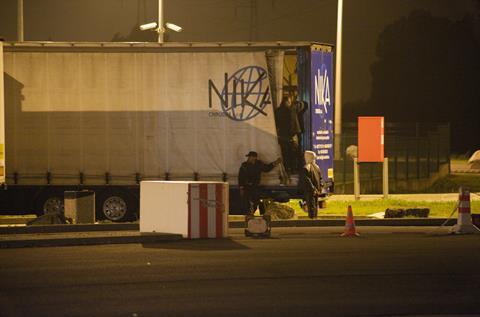
“Failings” in government border policing mean the threat to food supply chains from migrant stowaways in commercial vehicles is rising, endangering food safety, driver welfare, and the integrity of the food sector, a new report has warned.
Instances of so-called clandestine infiltration within the haulage sector rocketed in 2024, according to research by supply chain specialist Oakland International, in partnership with market analysis company Analytiqa.
Drawing on data from UK Border Force, their report, titled Distress Loads and Clandestine Infiltration of Commercial Vehicles, revealed almost 100 people per month were detected infiltrating trucks entering the UK during the first nine months of 2024, up 12.8% on the same period in 2022 and 60.6% on 2023.
The actual number of incidents and people detected was likely “to be significantly higher”, by a figure 10 times the above, Oakland argued, “as Border Force do not record the number of vehicle checks that require no further action”.
This meant it was “not possible to track how many vehicle checks are undertaken or what share of vehicles these account for”, the report said, while the government had declined to share any further data on current levels of infiltration.
Based on this “best estimate”, about 3,100 truckloads, or over 80,000 tonnes of food, could be entering the UK each year with human contamination risk associated with it, the report suggested.
Refrigerated trucks were particularly attractive for migrants because they rendered the heartbeat detectors used at many ports ineffective, “so the risk of detection is minimised, unless they are among the relatively small sample checked by Border Force”, the report noted, pointing to the “constant threat” of illegal access to lorries.
A number of people have also died after infiltrating lorryloads in recent years, most notably in 2019, when 39 Vietnamese migrants were found dead in a trailer in Essex following a failed people smuggling conspiracy.
The value of stock lost due to an infiltrated load was said to be be between the low thousands of pounds to several tens of thousands, Analytiqa’s research found. And the consequential loss of revenue “can be many multiples of this”.
Some 11.1% of a ‘distress load’s’ stock was, on average, disposed of after a clandestine entry incident, the report revealed. However, this figure rose to 56.0% when considering responses from companies transporting ambient food, frozen food, household goods and pharmaceuticals/healthcare.
Only 64.3% of Analytiqa’s respondents believed they optimised the ‘salvage’ of produce or products that were part of a truck’s infiltrated load. It was both time and cost prohibitive for companies to manage distress loads caused by clandestine infiltration, it said, while 84.6% of Analytiqa’s respondents said they did not expect the clandestine challenges they faced to diminish.
Read more: Stowaways detected at UK border controls ‘fallen substantially’ but threat still high
The report called on “all stakeholders, hauliers, retailers, regulators, and policymakers, to prioritise investment in security measures, driver training, and rapid response protocols”.
Ashton Cull, senior public affairs lead at the Road Haulage Association, which contributed to the report, cited recent comments by the Independent Chief Inspector of Borders and Immigration, admitting “the threat of clandestine entry at the juxtaposed ports remains high and is unrelenting”.
Those findings were echoed in the Oakland report, Cull said. “That means everyone based at or using these ports has their part to play to keep the border secure.”
However, failings within Border Force and the ICIBI’s Clandestine Entrant Civil Penalty Scheme – which has been criticised for “unfairly” penalising hauliers unwittingly carrying stowaways – meant that “all the responsibility and liability is being unfairly shifted onto drivers and businesses who have taken all possible steps to secure their vehicles from clandestine entrants”, he added.
“That’s why we recently wrote to the home secretary to call for reform of this scheme.”
Further and urgent investment in training and technology at our borders to help keep loads secure was now required, Cull insisted. “We want to see a fair system in place that protects drivers, goods and businesses as well as our borders. We look forward to seeing greater urgency on this issue.”
The rise in clandestine infiltration was “not just a statistic”, said Oakland International co-founder Dean Attwell. It was “a ticking time bomb for food safety, driver security, and public health”.
Every compromised load “puts the public at risk and costs the industry millions per year”, he added.
“We need urgent, co-ordinated action across the supply chain to implement robust security protocols, improve traceability, and ensure accountability at every stage.”
The food sector was facing a “perfect storm”, he warned. “Desperate individuals are risking their lives to cross borders, criminals are exploiting vulnerabilities in vehicle security, and the food industry is struggling to maintain safety and compliance.”
The Home Office was approached for comment.







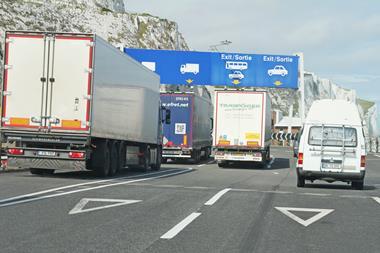
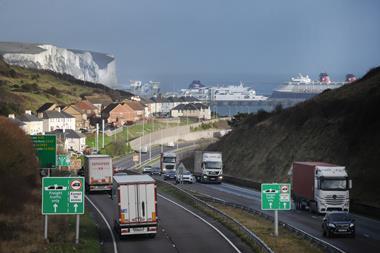
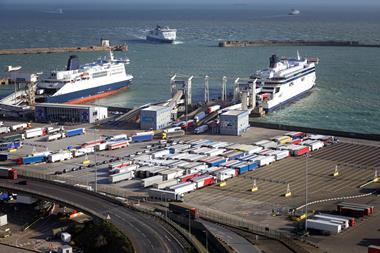
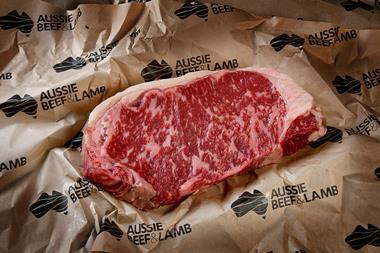
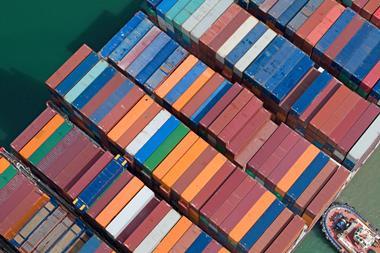
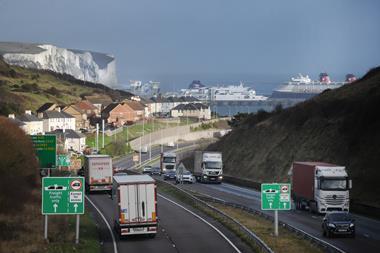






No comments yet